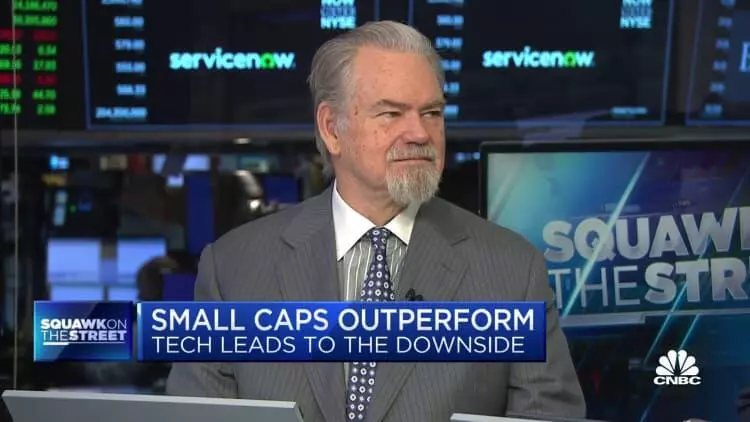Investing in stocks that have been removed from market-cap-weighted indexes can lead to significant gains, according to a new study by Research Affiliates LLC. The firm’s chairman Rob Arnott and research VP Forrest Henslee found that such stocks tend to outperform the market over several years after being dropped from an index. Furthermore, these deleted stocks have historically outperformed the ones replacing them in the year following their removal.
The study suggests that investors should not focus on making a quick profit by catching a bounce when price-pressuring effects of index funds’ mandatory selling subside. Instead, the strategy assumes the investor holds onto the shares for at least five years. If an investor had started employing this strategy in 1991, they would have grown their initial investment by about 74 times.
To track this phenomenon, Research Affiliates has launched the Research Affiliates Deletion Index (NIXT. The index is based on the firm’s research methodology and includes a quality screen that rejects stocks with high debt levels, total payout ratios, and net payout ratios. It uses an equal weighting approach and undergoes annual rebalancing. Currently, no ETF exists to track this index, making it a do-it-yourself investment opportunity.
The study tracks rejects from the S&P 500, Nasdaq-100, and Russell 1000, positioning it as a small-cap value play. Between 1991 and 2022, deleted stocks traded at a 26% discount to the S&P 500 in terms of their price-to-earnings ratio compared to additions that fetched an 83% premium.
When an index producer adds or drops stocks from the index, they will inevitably add stocks that are popular, beloved, and expensive, and drop stocks that are unloved and cheap,” said Arnott. This small-cap tilt is a result of many index deletions being due to companies no longer meeting large-cap criteria.
Some key observations from the study include.
1. The outperformance of booted companies can be attributed to them becoming undervalued and bouncing back, with an overlay quality filter ensuring that only good companies are considered.
2. Rob Arnott has been credited as a “luminary in the world of finance nerds constantly trying to build a better mousetrap,” having co-authored a paper in 2005 that sparked the smart beta trend.




